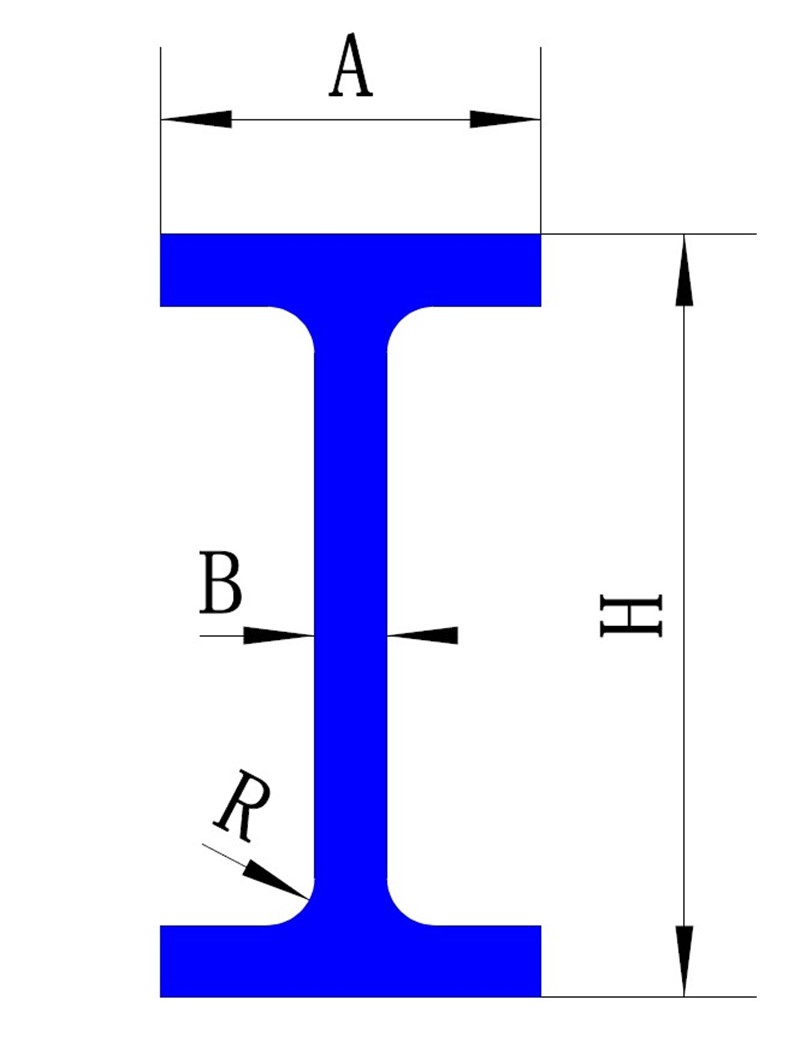अक्ट . 15, 2024 15:08 Back to list
using bore gauge
Understanding the Use of Bore Gauges A Comprehensive Guide
Bore gauges are essential tools widely used in various engineering and manufacturing applications to measure the internal diameters of cylindrical objects. These precision instruments are particularly useful in industries such as automotive, aerospace, and machine manufacturing, where maintaining exact dimensions is critical to ensure the performance and reliability of components.
What is a Bore Gauge?
A bore gauge is a device designed to measure the internal diameter of a hole, tube, or cylinder with high precision. It typically consists of a measuring head, an expandable measuring probe, and a scale or digital readout for displaying measurements. Bore gauges come in different types, including dial bore gauges, electronic bore gauges, and interchangeable head gauges, suitable for varying measurement needs and levels of precision.
How to Use a Bore Gauge
Using a bore gauge is relatively straightforward, but it requires careful attention to detail to ensure accurate measurements
. Here’s a step-by-step guide1. Selecting the Right Gauge Choose a bore gauge appropriate for the size and tolerance required for the measurement. Make sure the gauge is calibrated and in good working condition.
2. Preparation Clean the bore or cylinder being measured to remove any debris or contaminants that might disrupt the accuracy of the measurement.
using bore gauge

3. Inserting the Gauge Insert the bore gauge into the hole, ensuring that the measuring heads are properly aligned with the bore's walls. For dial and electronic models, ensure the gauge is adequately set to zero before inserting.
4. Expanding the Probe Adjust the gauge to expand the probe until it makes contact with the bore walls. This may involve turning a knob or using a hand-adjustable mechanism.
5. Taking the Reading Once the gauge is in place and the probe is secured against the walls of the bore, read the measurement from the dial or digital display. It's essential to take multiple readings at different levels to account for any irregularities or taper in the bore.
6. Recording the Data Document the measurements accurately, noting any deviations from specified tolerances. This data is crucial for quality control and subsequent machining processes.
Importance of Precision Measurement
The accuracy of bore gauge measurements plays a significant role in quality assurance. Incorrect measurements can lead to improper fitment, reduced performance, or even failures in assembly. Therefore, regular calibration and maintenance of bore gauges are vital to ensure their reliability over time.
Conclusion
Bore gauges are indispensable tools that enhance precision in manufacturing processes. By understanding how to properly use these instruments, operators can uphold quality standards and contribute to the overall efficiency of production. Whether in large manufacturing plants or small workshops, the implementation of bore gauges stands as a testament to the commitment to precision in engineering and technical fields.
-
thread-plug-gauge-our-promise-of-measurement-excellenceNewsAug.22,2025
-
gauge-pin-class-reflecting-quality-legacyNewsAug.22,2025
-
check-valve-types-for-high-rise-buildingsNewsAug.22,2025
-
water-control-valve-for-irrigation-systemsNewsAug.22,2025
-
gate-valve-with-soft-seal-technologyNewsAug.22,2025
-
y-type-strainer-for-oil-and-gas-applicationsNewsAug.22,2025
Related PRODUCTS









